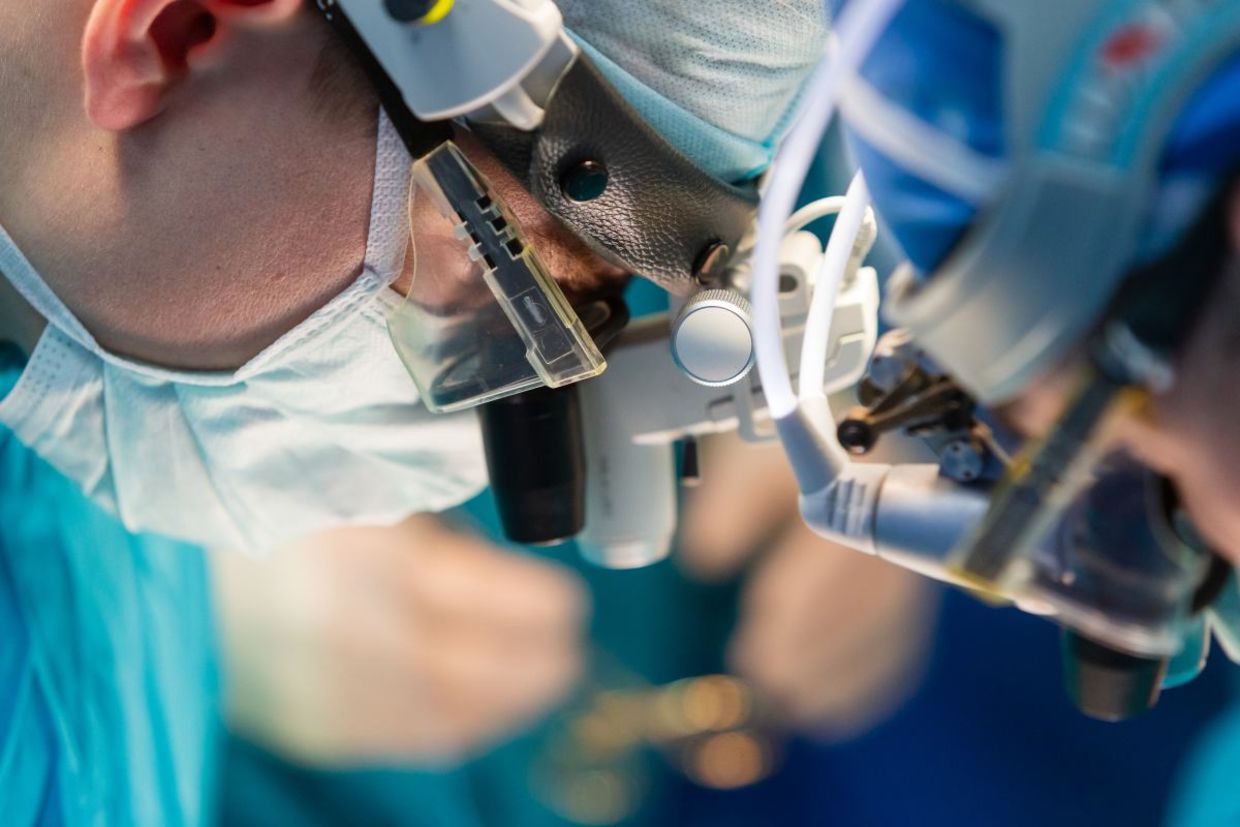
(Dmitriy Kandinskiy / Shutterstock.com)
Though many people do not necessarily think about their kidneys on a day to day basis, these organs play a vital role in daily life. They, along with the liver, act as the body’s filter, retaining the nutrients a person does need, and getting rid of the things they don’t.
So, it is clear that having healthy, functioning kidneys are incredibly important to living a healthy life. That is why new research from Sheba Medical Center and Tel Aviv University that was recently published in the EMBO Journal, is so revolutionary.
According to The Times of Israel, the researchers show how they have managed to grow human kidney organoids, a synthetic 3D organ culture, using kidney tissue stem cells. This is the beginning of a brand new world in nephrology.
Developed for 34 Weeks
One of the constant road blocks to creating viable human kidney models is the fact that until now, researchers have been using pluripotent stem cells. These stem cells are unique kinds of stem cells that differentiate into different sorts of cells such as heart, brain, or liver cells.
The issue with these cells, Ynet reports, is that firstly, they don’t live very long — only about a month — and secondly they tend to differentiate into types of cells that the researchers do not want, such as a lung cell instead of a kidney cell, thus contaminating the tissue.
However, the group of researchers from Israel were able to isolate kidney stem cells, and this means that not only did they not have to worry about rogue differentiation, but they were also able to grow a kidney that lived and developed along fetal maturation stages up to the 34th week of pregnancy, which is a whole lot longer than a month.
From Kidney Tissue Transplants to Drug Toxicity
The implications for this new breakthrough are manyfold. Times of Israel reports that this breakthrough will provide researchers insights into the development of kidney diseases.
Professor. Benjamin Dekel, director of the Pediatric Nephrology Unit and the Stem Cell Research Institute at the Safra Children’s Hospital at Sheba Medical Center and Director of the Sagol Center for Regenerative Medicine at Tel Aviv University, told Times of Israel, “We are actually seeing ‘live’ how a developmental problem leads to kidney diseases that are seen in the clinic…” [ and this will] “enable the development of innovative treatments.”
In addition, according to Ynet, these lab grown kidneys could also help with the testing of drug toxicity for pregnancy, an issue that prevents many women from being able to take drugs that they need during pregnancy.
Likewise, the researchers hope that their work will lead to kidney tissue transplants — wherein lab grown kidney tissue is transplanted into a damaged kidney as opposed to a whole donor kidney — lessening the need for kidney transplants.
Human innovation is a truly breathtaking thing. It is thanks to scientists and researchers that humanity is living longer, and with a higher quality of life than ever. Science fiction is here, and it’s making the world better than ever.
YOU MIGHT ALSO LIKE:
Sikh Community Builds People-First Dialysis Hospital in Delhi
Researchers May Have Invented Organs the Body Won't Reject
New Research Brings Hope to People Living With Type 1 Diabetes







